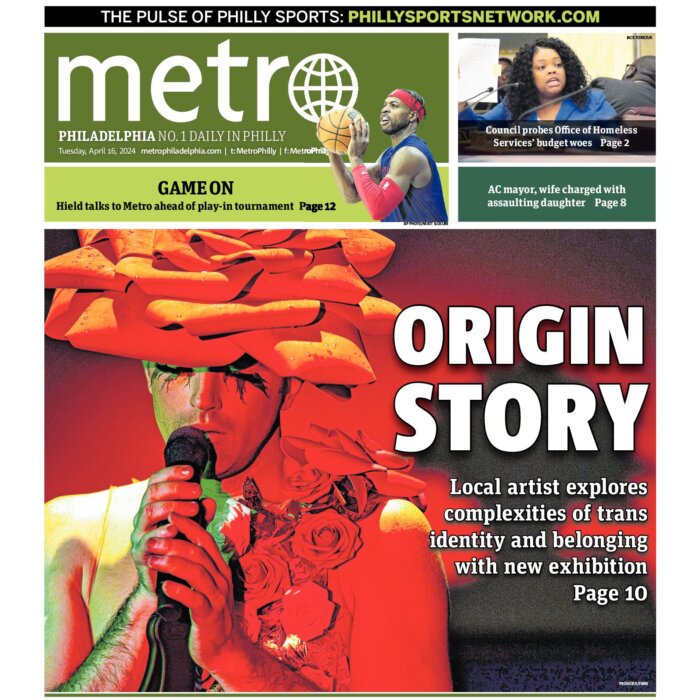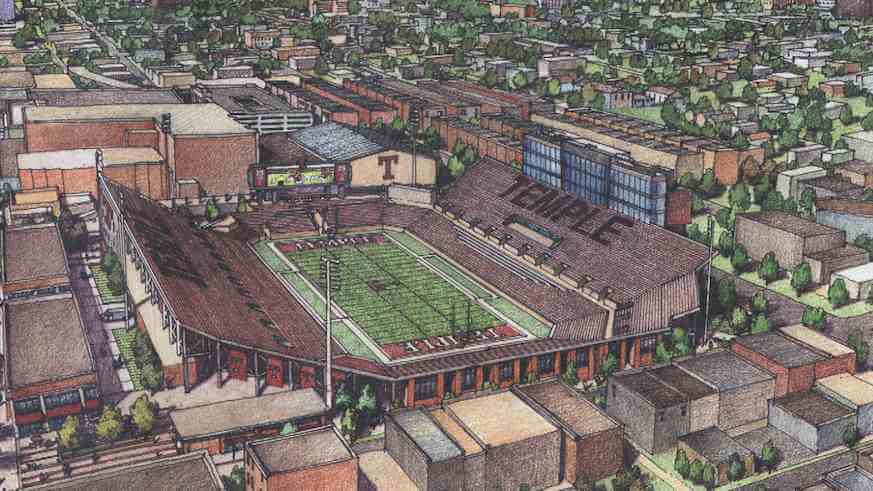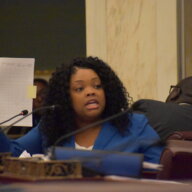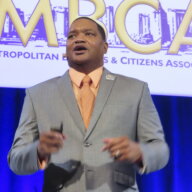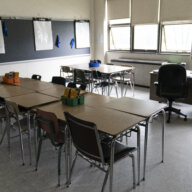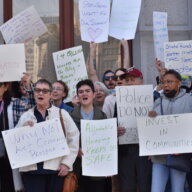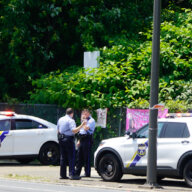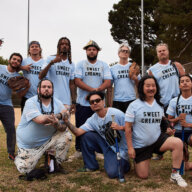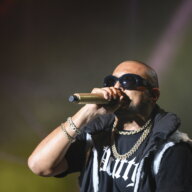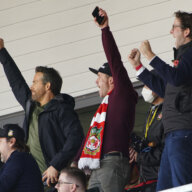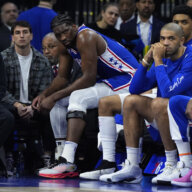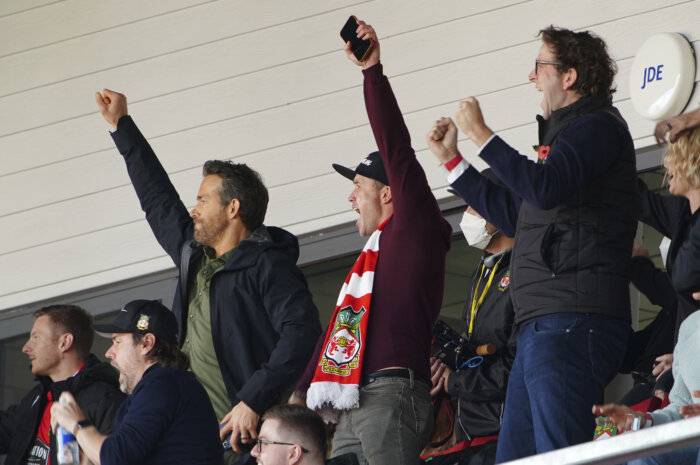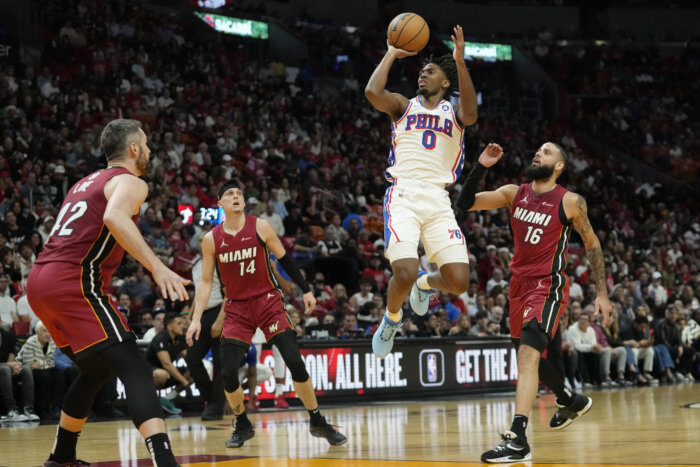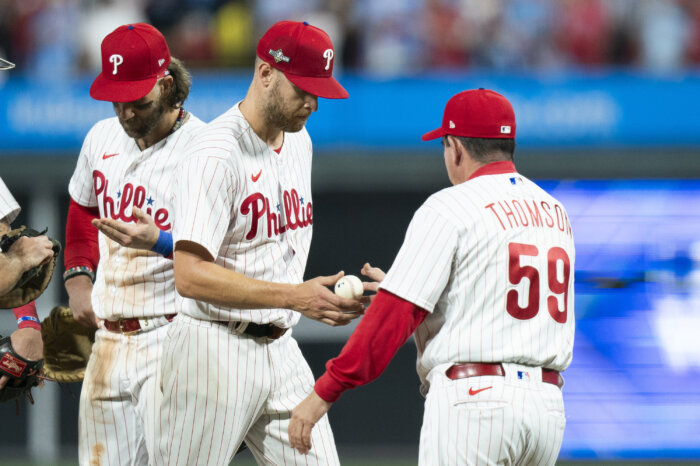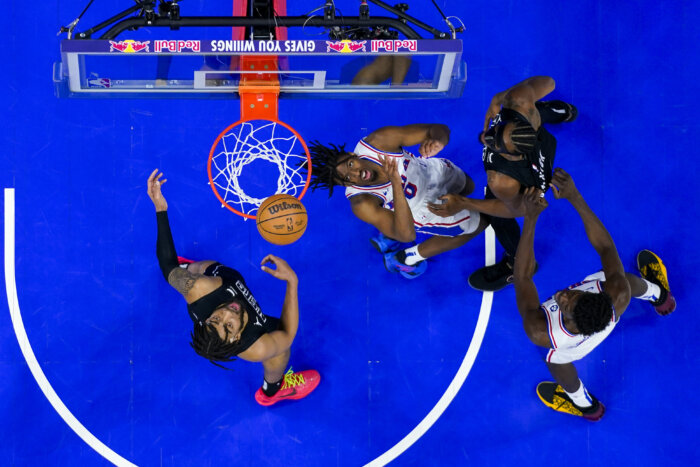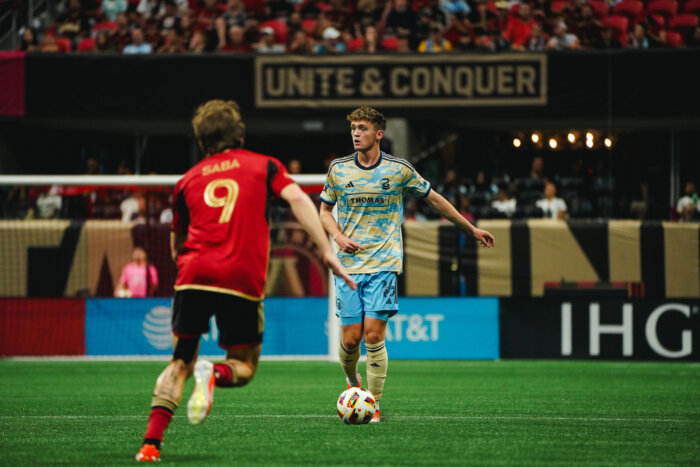Plans for a Temple University football stadium in the heart of North Philadelphia are moving steadily toward reality, despite organized opposition from some of the school’s neighbors and even its own students since it was first proposed in 2016.
On March 1, a coalition made up of the Black Clergy of Philadelphia & Vicinity, the Philadelphia NAACP and the Stadium Stompers will convene a town hall to join forces against the project, as Temple prepares its formal application to the City Planning Commission for government approval of their plans.
As Jackie Wiggins, 63, an organizer with Stadium Stompers, put it, her message to Temple’s administrators and Board of Trustees is simple: “Go put the stadium down in front of your own house.”
“Our task as Stompers has been all along to keep people aware this is going on,” said Wiggins, who lives near 20th and Diamond streets. “Temple University has not been a decent neighbor to black folks for some years. … Why are we kept ill-informed about planning for where we live?”
Temple said in January that as it will hold discussions through the spring about the potential impact on North Philadelphia of the proposed to sit between Broad and 16th streets south of Norris.
“Exploring the idea for the facility has provided, and will continue to provide, the opportunity to work with community members to improve our relationships with North Philadelphia,” Temple president Richard M. Englert wrote in a letter to the school and community at the time. “We need to listen more and become better neighbors by responding to their concerns on this and other matters. This facility would need to be good for our neighbors as well as for the university.”
Temple did not comment on the planned town hall, but Englert previously met with the Stompers in 2017 to hear their concerns.
Temple says the project will include not just a 35,000-seat stadium for the Owls, but also new classrooms and 28,000 square feet of retail space, and possibly provide economic benefits through retail and construction jobs to the community, in addition to a planned “Special Services District” to beneft to the neighborhood.
But Wiggins fears the project might worsen traffic, lead to higher taxes, and potentially change the character of the community.
“There should be no stadium in North Central Philadelphia … this should not be in a high-poverty area,” she said. “The worst part is the closing of 15th street [between Norris and Montgomery]. You would close off a main artery to downtown.”
Temple says the project is being designed to “minimize impact when it comes to height, lights and noise” —for example, the north end of the stadium will not exceed the height of adjacent rowhomes on Norris Street.
Wiggins doesn’t just blame Temple. The school says it would save money by building the stadium, probably because the Eagles, who own Lincoln Financial Field, are demanding higher rent.
The Eagles charged the Owls $1.8 million a year from 2003-17 to play at the Lincoln Financial Field, and extended the lease 2019, but to renew the lease have reportedly demanded a $12-13 million deposit “for renovations” and a rent hike up to nearly $3 million.
Wiggins said that is unfair, particularly given that then-Mayor John Street contributed $188 million in taxpayer funds out of the Linc’s $512 million total pricetag to build the stadium back in 2000.
“How [Eagles owner] Jeff Lurie gets away with that, I do not know,” Wiggins said. “Once people are informed they can start to ask the questions.”
The stadium town hall, organized by Black Clergy of Philadelphia & Vicinity, the Philadelphia NAACP and the Stadium Stompers, will be held at 6 p.m. on Thursday, March 1 at Carver High School of Engineering & Science, at 16th & Norris streets.
